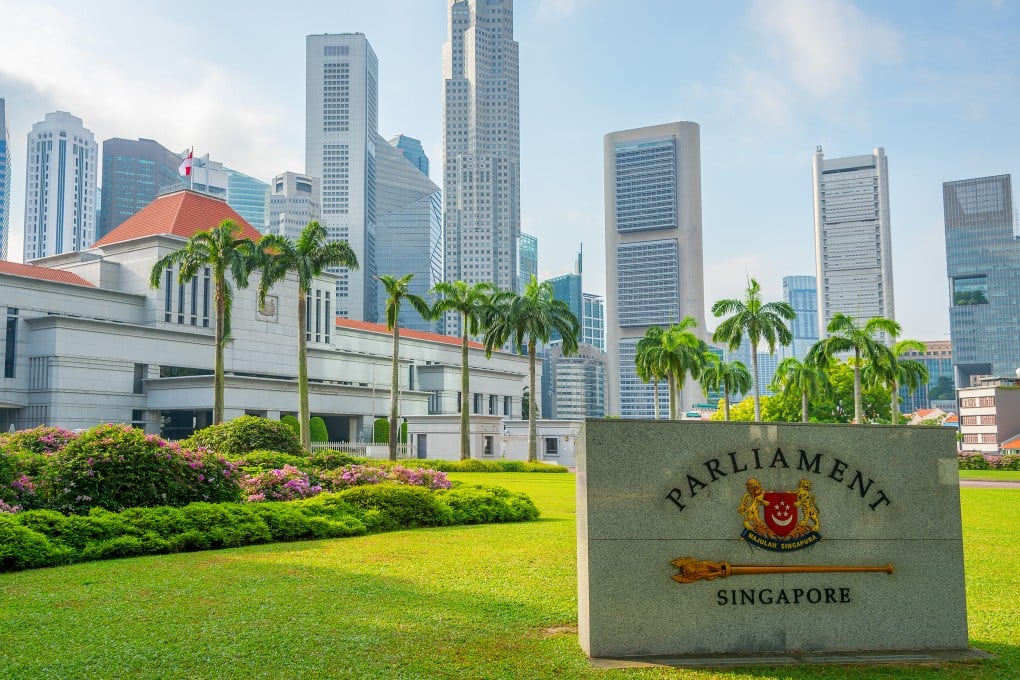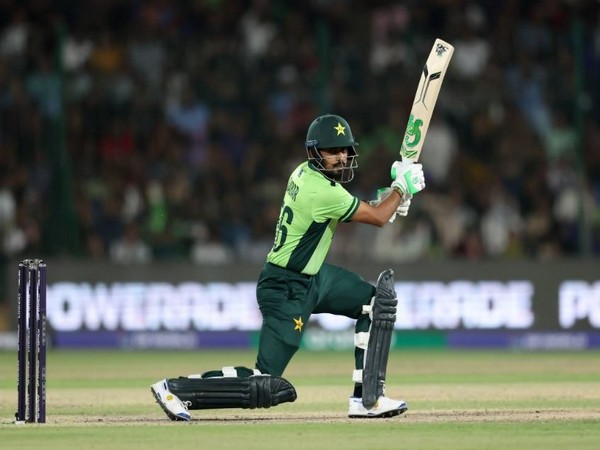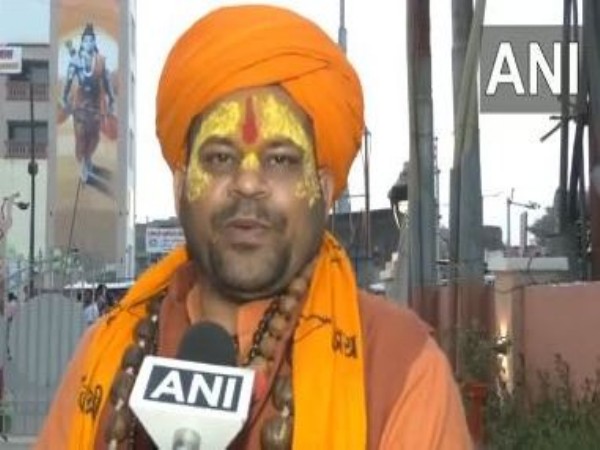
In an unprecedented move last Friday, lawyer Raj Joshua Thomas and psychiatrist Syed Harun Alhabsyi informed the speaker of parliament that they intended to resign before the end of their 21⁄2 year term, which was scheduled to conclude in November, or when parliament is dissolved for the coming general election. In his resignation letter, Syed Harun noted how nominated and elected MPs had differing roles and said he intended to explore an “opportunity for political service”. Meanwhile, Thomas wrote: “I remain dedicated to serving Singapore and Singaporeans to the best of my abilities.
I am contemplating doing so in a different way, in which it would be appropriate for me to resign as an NMP at this time.” Their remarks effectively suggested they were considering partisan politics, analysts said, which is out of sync with the NMP scheme. Introduced in 1990 by then-prime minister Goh Chok Tong, the NMP platform was created to allow non-elected members of parliament to provide alternative non-partisan views.

.











